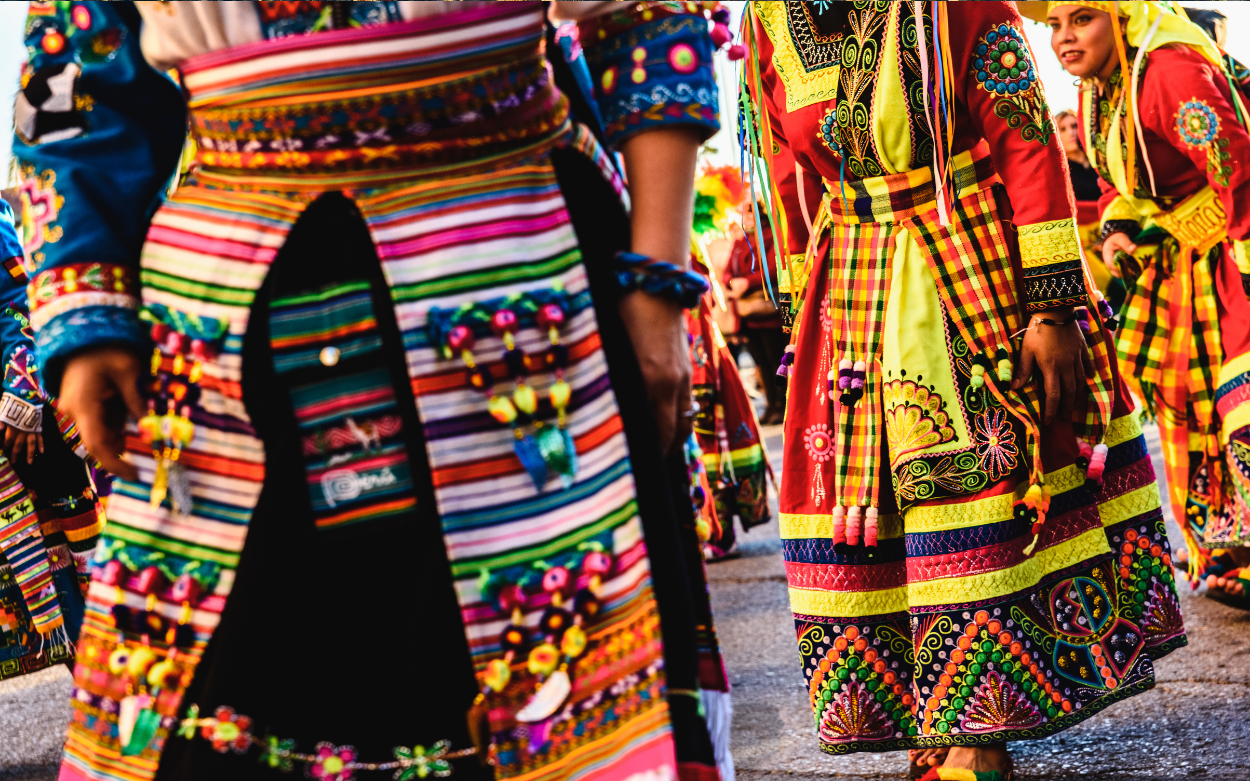Celebrating the 20th Anniversary of the Convention for the Safeguarding of the Intangible Cultural Heritage

On 17 October 2003, the Convention for the Safeguarding of the Intangible Cultural Heritage was adopted by the 32nd session of the General Conference of UNESCO. Twenty years later, ICOMOS takes this opportunity to interview Munish Pandit, President of the ICICH (ICOMOS International Committee on Intangible Cultural Heritage) and reflect on the place our societies give this precious heritage.

How did ICICH come to light?
ICICH was formed by ICOMOS in late 2005 and established in accordance with article 14 of the Statutes of ICOMOS and the Eger-Xi’an Principles for the International Scientific Committees.
It was part of a growing recognition of intangible cultural heritage by ICOMOS: in 1998, the organisation decided to hold one of its triennial conferences on the topic of intangible heritage values and place. This was ‘Place – Memory – Meaning: Preserving intangible heritage in memorials and sites’ held in 2003 in Victoria Falls in Zimbabwe, where many ICOMOS members shared their experience of intangible values and place.
ICOMOS’ work in this area was timely with the broader focus by UNESCO on this area and the development of the Convention for the Safeguarding of the Intangible Cultural Heritage 2003.
Like all ICOMOS International Scientific Committees, ICICH is reliant on the volunteer efforts of passionate and skilled professionals.
What are some challenges intangible cultural heritage currently faces?
The twenty-first century has also been the stage for accelerating globalisation and the increasing loss of cultural context and traditional knowledge and practices. This trend is exacerbated by attendant processes of climate change and the accompanying risks to ways of life resulting from ever-increasing natural and human-made disasters that, along with other factors, cause dislocation and movement of people and generally impact on ways of life and the disconnection of people from their traditions and places associated with them.
The processes of development, whether they be to the benefit or detriment of community well-being, may also impact heritage spaces/sites associated with intangible cultural heritage. The intangible cultural heritage associated with a place is not necessarily evident to those propagating development, especially if they are not part of a community that is associated with such sites.
It is therefore necessary to give greater prominence to the close inclusion of communities in decision making and management of development, as well as the conservation of heritage and the environment, whenever there are potential impacts to the heritage of communities.
In the context of increased risk of commercialisation of intangible cultural heritage, it is necessary to recognise recent and growing acknowledgement of the intellectual property rights of communities associated with cultural traditions and intangible cultural heritage.
The diminution of the status of traditional crafts and the steady decrease in the number of practitioners since the advent of the industrial age is an ongoing and accelerating trend. The intangible cultural heritage carried by craftspeople and traditional practitioners of vernacular architecture is important to many aspects of the conservation of heritage sites. The loss of their skills not only impacts on the ability to properly conserve such sites but diminishes their authenticity due to resultant and unavoidable changes to the processes of care and management.
What is your take on the Convention’s anniversary theme: #LivingHeritage?
The safeguarding and propagation of intangible cultural heritage is only possible through the communities – and acknowledging their practices is equally important. Living heritage is a very important aspect of our cultural heritage and it is often being ignored or underestimated by the authorities/policy makers. Focusing on this theme for the anniversary of the Convention will help to attract their attention and appropriate response. The activities and awareness programmes under this year’s theme will certainly boost morale of the communities and enable the younger generation to understand their ICH and draw a sense of pride from it.
This will further encourage the safeguarding and sustainable transmission of ICH.
A workshop on developing an ICOMOS ICH Charter was organised from 28th September to 2nd October 2023 at Al Ula, Saudi Arabia by ICICH in collaboration with ICOMOS, ICOMOS-Saudi and the Royal Commission of Al Ula (Saudi Government).
It is expected that by December 2023, a draft charter will be submitted to ICOMOS for further processing.